Feeling anxious? Virtual 'chores' might be just what the doctor ordered
These 4 games always help calm my anxiety
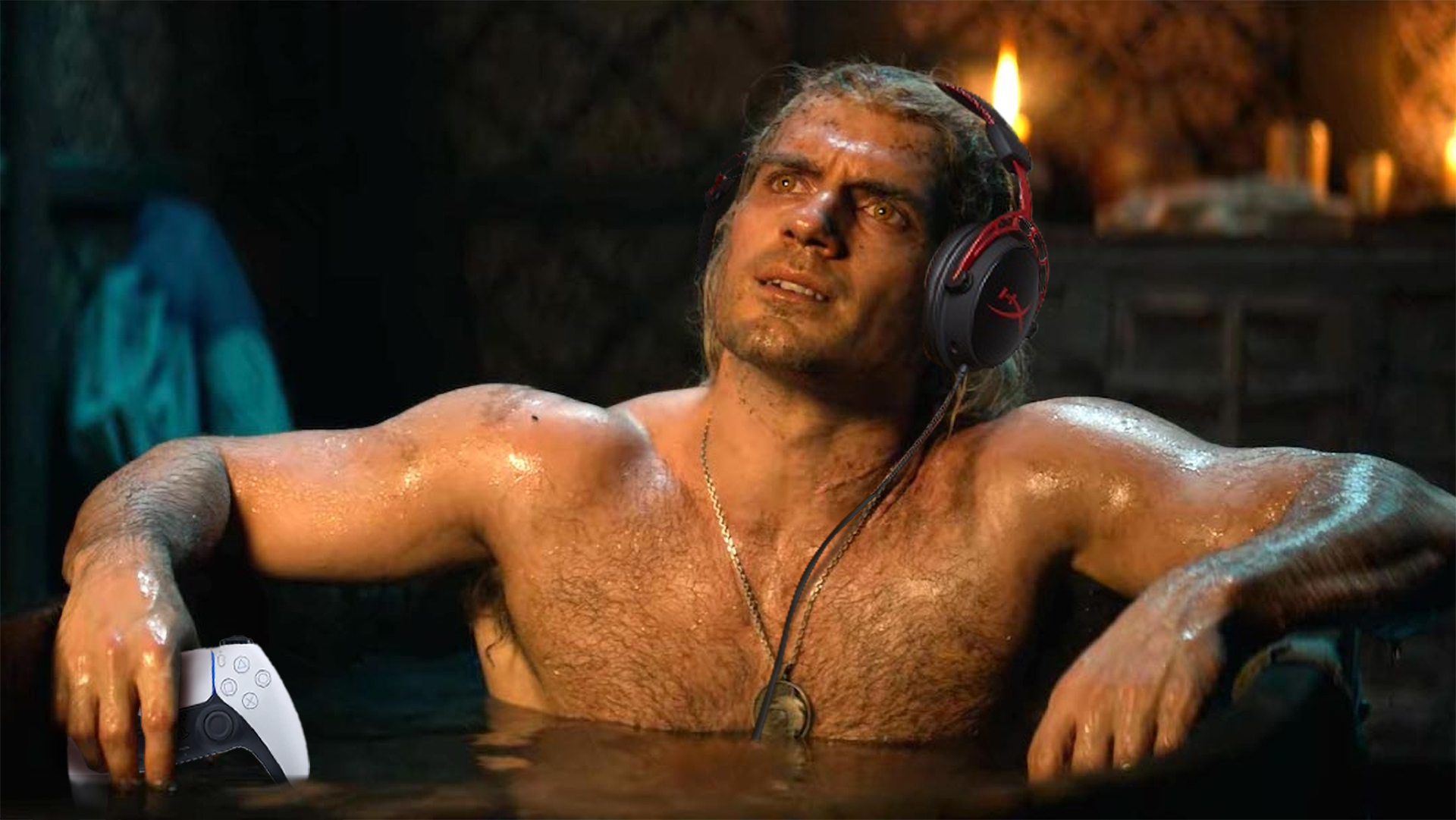
Sign up for breaking news, reviews, opinion, top tech deals, and more.
You are now subscribed
Your newsletter sign-up was successful
All my life I’ve played video games, but it wasn’t until recently that I noticed the positive impact that they’ve had on my mental health.
I’ve suffered from severe anxiety for several years and like with many forms of mental illness, I have good days, bad days… and really bad days.
And amid an intense spiral (as my therapist likes to call it) I’ve found that simple games keep me from completely losing myself.
There’s just something about doing chores and little tasks that makes my brain slow down and eventually calm down. It’s amusing and ironic, because real-life chores or errands can sometimes make me quite anxious.
When I spoke to my therapist about why virtual chores might be helpful, she mentioned that while the ‘soft goals’ in these games have no real effect on our everyday lives, they can give us the same satisfaction of feeling accomplished – even if it’s something as simple as watering a hoard of flowers across your island, or completing little quests for ghost bears.
It might seem mindless, but sometimes that’s exactly what I need to stop the anxiety spiral.
You're not alone
I’m apparently not the only one who seeks out games to keep their anxiety in check. A study called “Playing Video Games During the COVID-19 Pandemic and Effects on Players’ Well-Being” focused on the positive impacts of gaming on mental health during lockdown. 58% of the study respondents said that playing games helped them with their well-being.
Sign up for breaking news, reviews, opinion, top tech deals, and more.
Some of the responses included:
“Games have always helped with anxiety as they give me something else to focus on.”
“I feel video games have had a positive impact on my well-being and have helped me ground myself.”
“It feels far more fulfilling than just watching something on Netflix.”
Another study called “2022 Essential Facts About the Video Game Industry” conducted by the Entertainment Software Association (ESA) found that 97% of Americans see the positive benefits of video games and that it improved their mental health during the pandemic.
In an interview with GamesBeat, ESA’s CEO Stanley Pierre-Louis said, “In an age where we are thinking about what mental health means and how we take self-care and manage stress, particularly after a period of time when we were going through social life isolation, video games proved to be an important piece of solace for people”
And I agree with him, at the end of the day that’s exactly what games are meant to do: have a positive effect on your mood and be enjoyable to play.
But what does each of these games have that signals my brain to chill the heck down? Well, they are gentle-progression games where your actions have meaning and it’s never-ending.
Animal Crossing: New Horizons
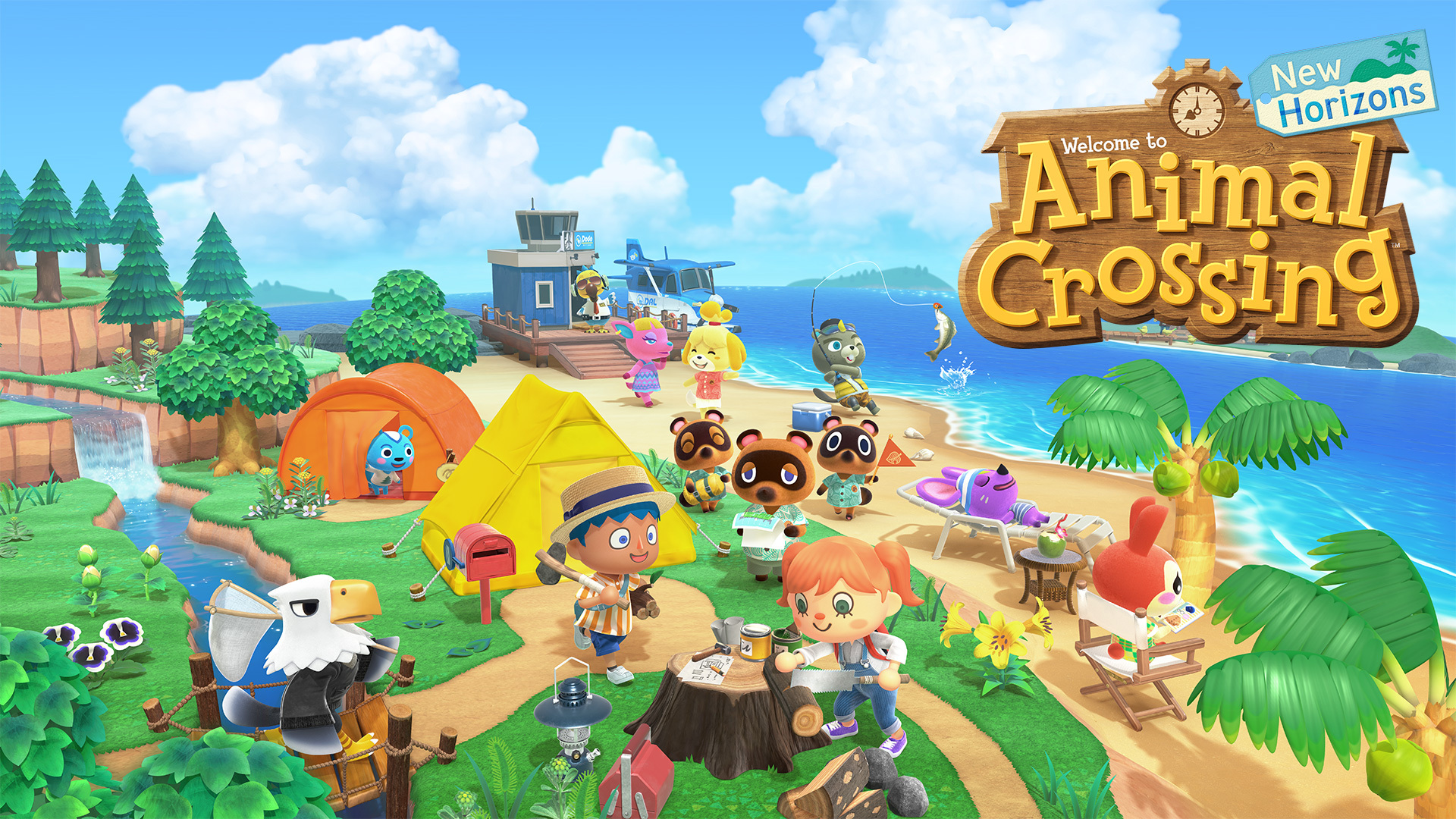
With close to 300 hours of gameplay, Animal Crossing New Horizon is my go-to game when I have a very bad mental health day. Sometimes all I do is fish or run around picking up seashells. Nothing too meaningful happens during my gameplay nowadays, but sometimes having my favourite villager tell a silly joke is exactly what I need.
In a world where we are sometimes measured by our output having someone like Erik tell me he missed me and wants to visit my house just to sit around makes me feel like I am enough.
Also with the Happy Home Paradise expansion, I’ve received the positive reinforcement I need, even when I meet the bare minimum requirements for someone’s vacation home. Having someone telling me how good of a job I did (even when I didn’t) hits just right. Or like my therapist says: Getting told exactly what I need to hear makes the brain at ease.
Cozy Grove
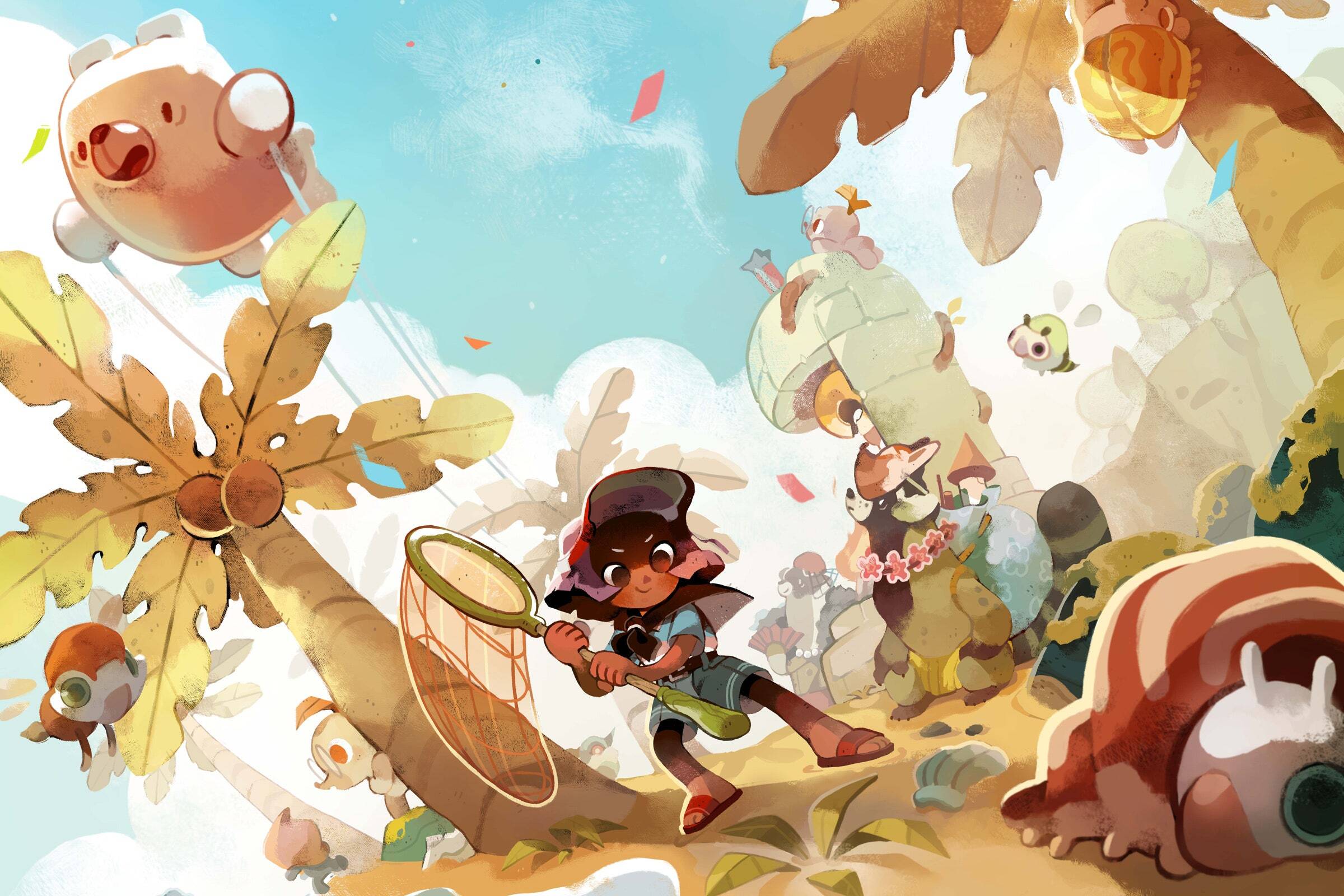
Often described as Animal Crossing with a plot, Cozy Grove fulfils my need to tick off checkboxes without the hassle. Each day you play, the ghost bears around the island give you tasks – finding shells, collecting wood, picking up trash – and when you complete it they reward you with story progression and a hug.
I don’t know, but receiving virtual bear hugs releases much-needed endorphins. Also, if I find a task too tedious I don’t have to freak out about completing it in a given time frame because I am usually given all the time in the world or I can pay for hints that lead exactly to the items I need for my task.
Stardew Valley
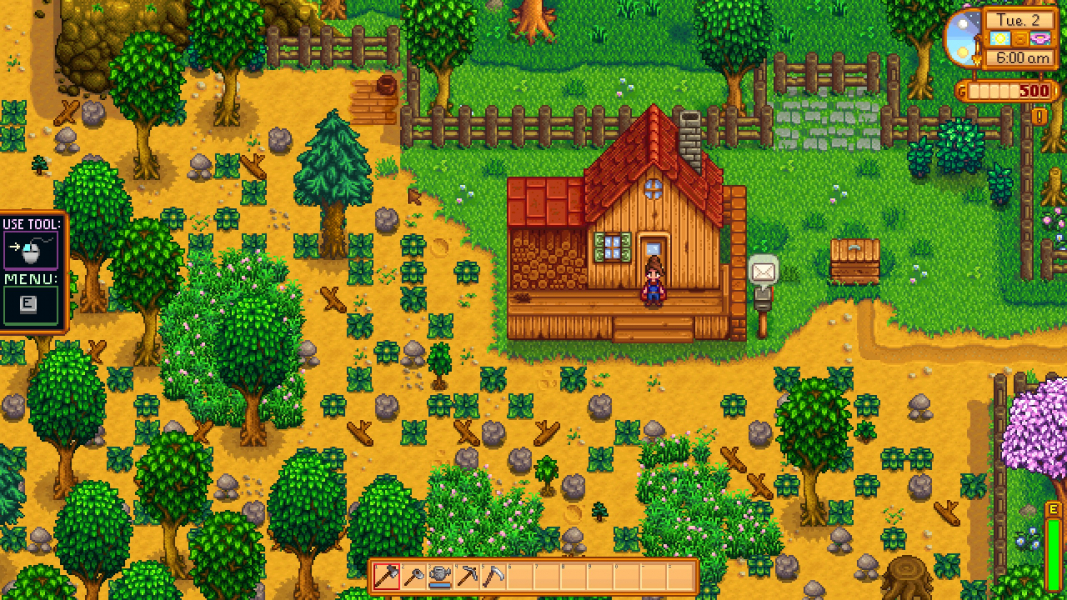
This farming game is a love letter to Animal Crossing and Harvest Moon. Tired of the corporate life? Time to go own a farm and date all the locals (and divorce them all at least twice).
Even after five in-game years and a near-complete playthrough, seeing the fruition of my hard work become a reality makes my brain realise that with some patience and love eventually my goals will bloom and bring me happiness. Much like my basement full of aging starfruit wine.
Spiritfarer
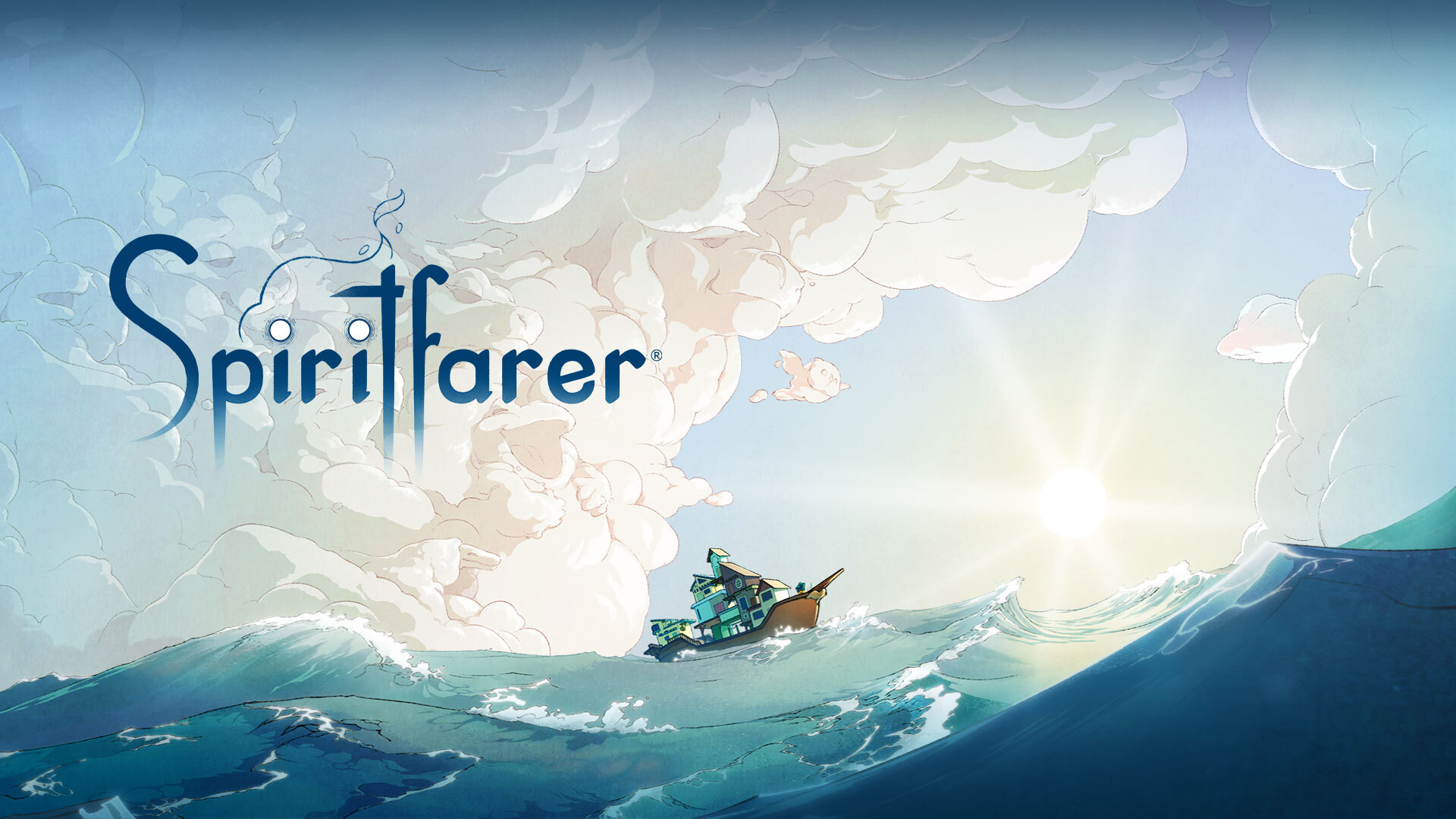
While Spiritfarer does have a very clear endpoint, unlike the games above, its structure makes it easy to forget that you’re working towards a finale. How can a game about death keep the anxiety at bay when the concept of death sometimes sends me into a mad spiral? I really can’t say… but there is something about taking your time to say goodbye that soothes my soul.
When I pick up Spiritfarer the music always transports me from a sea of chaos to tranquillity, it’s like magic. Especially as the game reminds me that it’s okay to take your time on tasks. And when dealing with anxiety sometimes I need to be reminded that it takes time to uncoil and there is no rushing the process.
Gently does it
Many people use video games to relax or find fulfilment or enjoy. But I also play video games to keep my anxiety at bay and I am so thankful that gentle-progression games exist.
As fun as it is to complete an RPG, or play pretend lawyer, at the end of the day it is non-exciting mundane video game tasks that keep me from feeling that the world is falling apart.
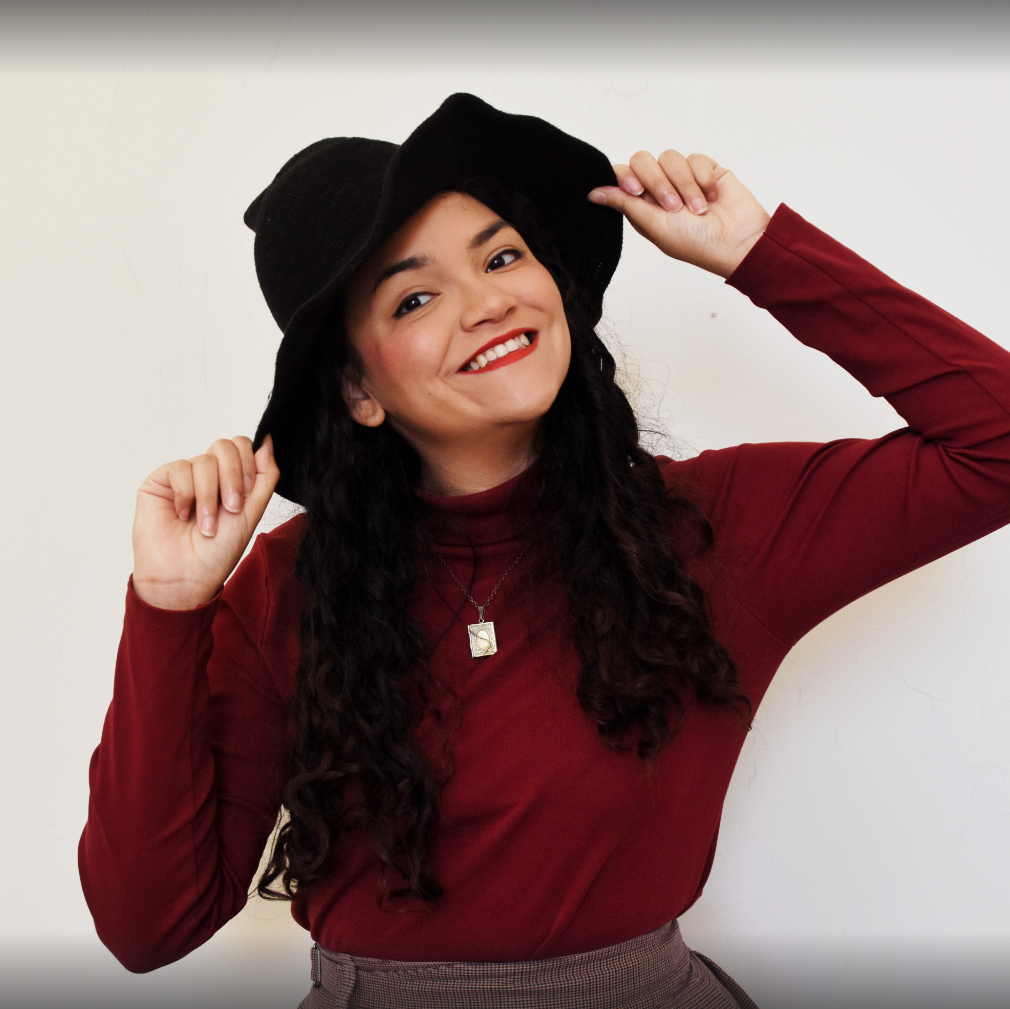
Maria is a writer based in Sydney, Australia. When she’s not writing you can find her creating chaotic D&D characters, trying to 100% her favourite games or scribbling away new story ideas.